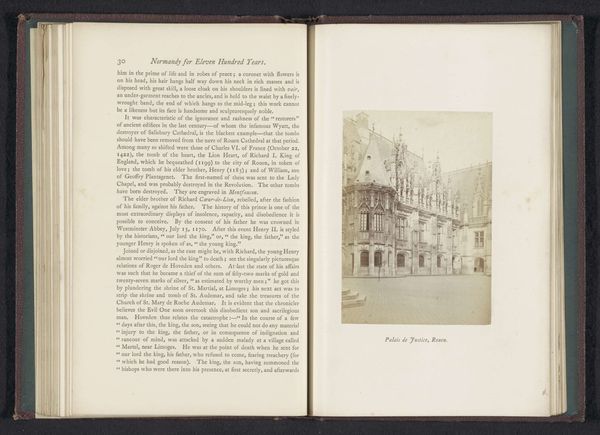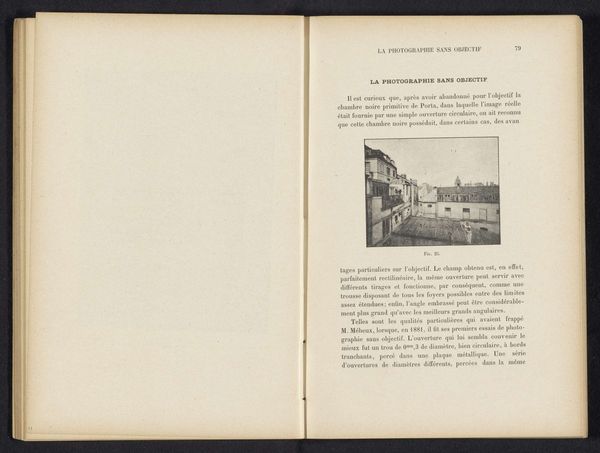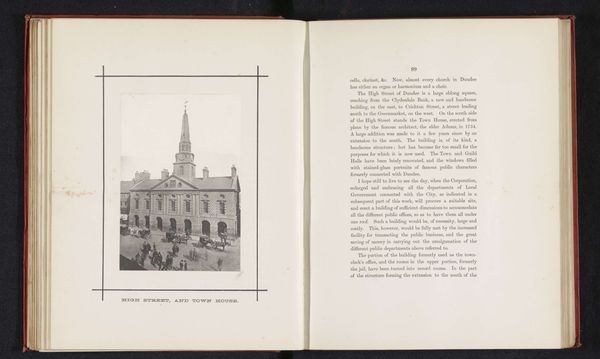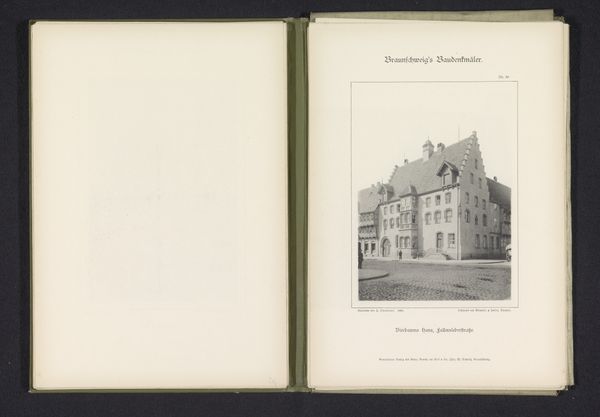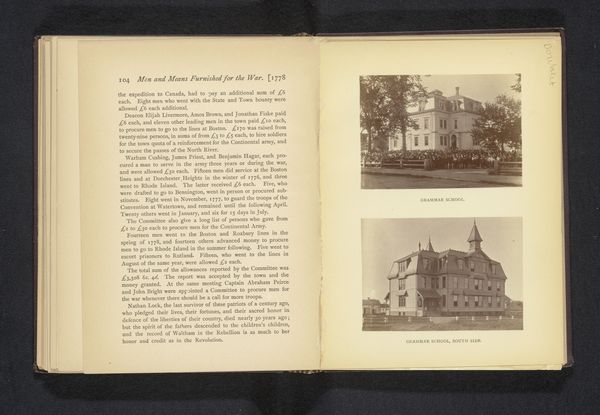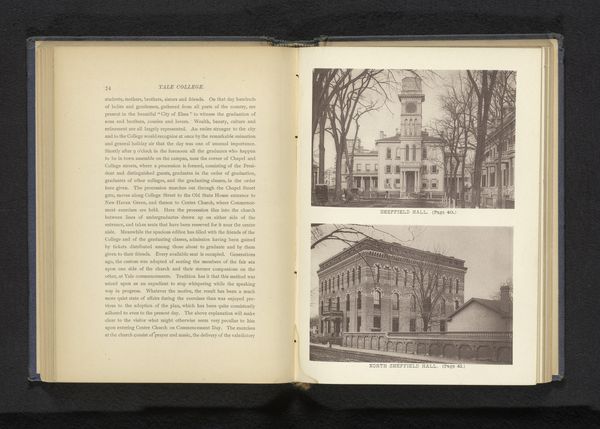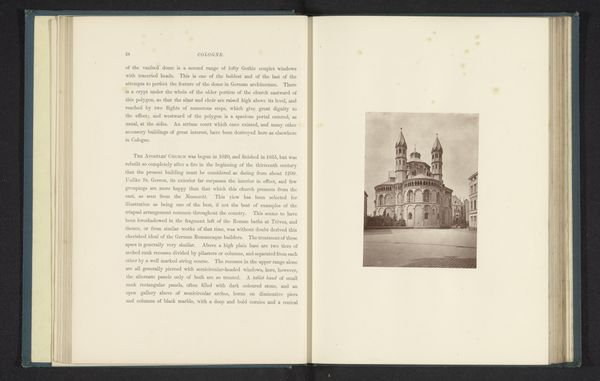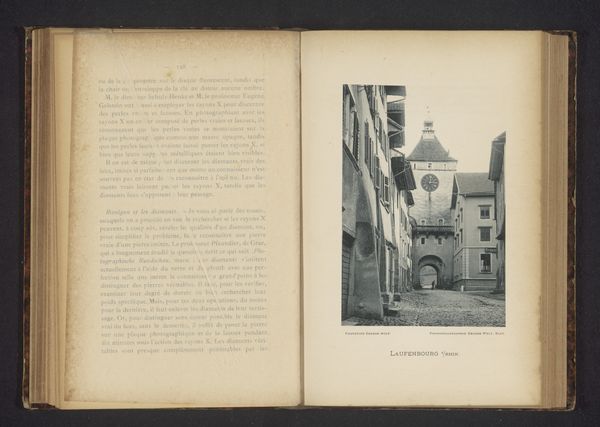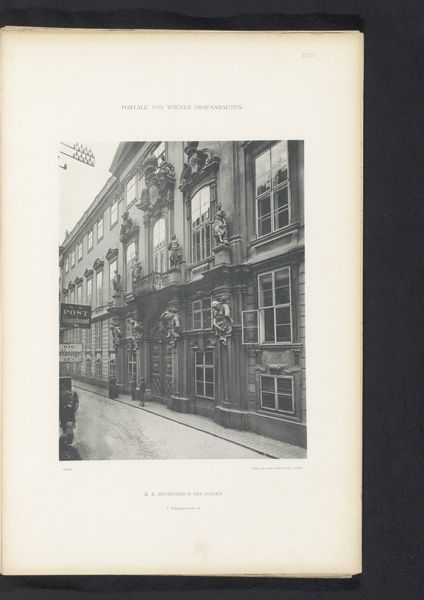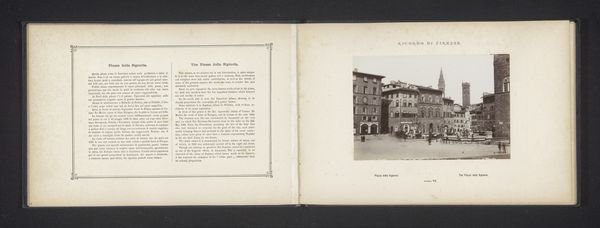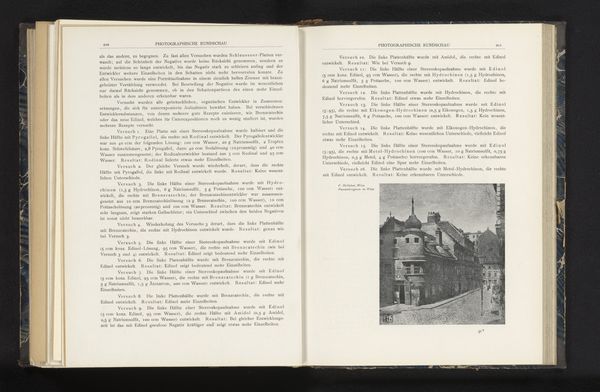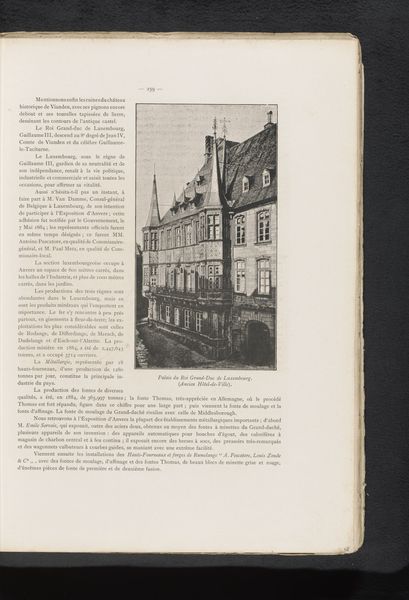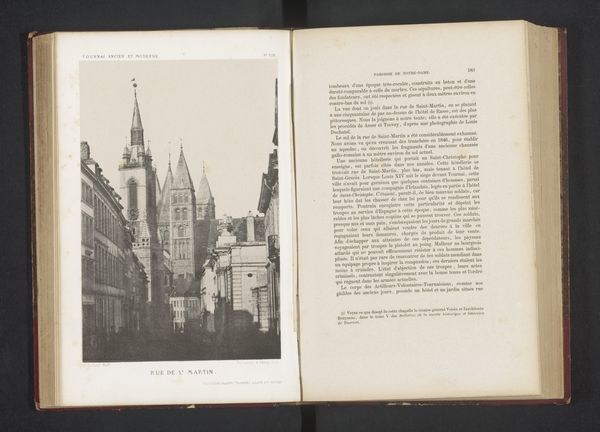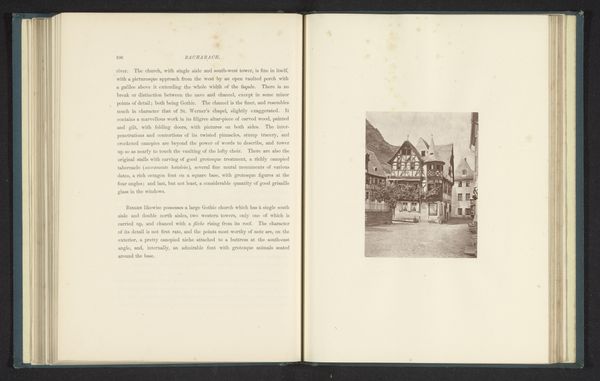
print, photography
# print
#
photography
#
cityscape
#
building
Dimensions: height 170 mm, width 136 mm
Copyright: Rijks Museum: Open Domain
Alfred Brothers captured the Reform Club in Manchester with his camera, likely using the wet collodion process. This photographic technique, popular in the mid-19th century, involved coating a glass plate with light-sensitive chemicals, exposing it in the camera while still wet, and then developing it immediately. The resulting albumen print shows the club’s facade in meticulous detail, reflecting the ethos of precision and progress embraced by industrial-era Manchester. The choice of photography, itself a product of technological advancement, is significant. It mirrors the Reform Club's own association with forward-thinking ideas. The image's sharp focus and tonal range required skilled labor, both in the preparation of the photographic materials and in the darkroom. Brothers’ photograph serves not only as a visual record but also as a document of material culture, reflecting the intersection of art, science, and society in Victorian England. It reminds us that even in the age of mechanical reproduction, skilled craftsmanship remained central to the creation of meaningful images.
Comments
No comments
Be the first to comment and join the conversation on the ultimate creative platform.
